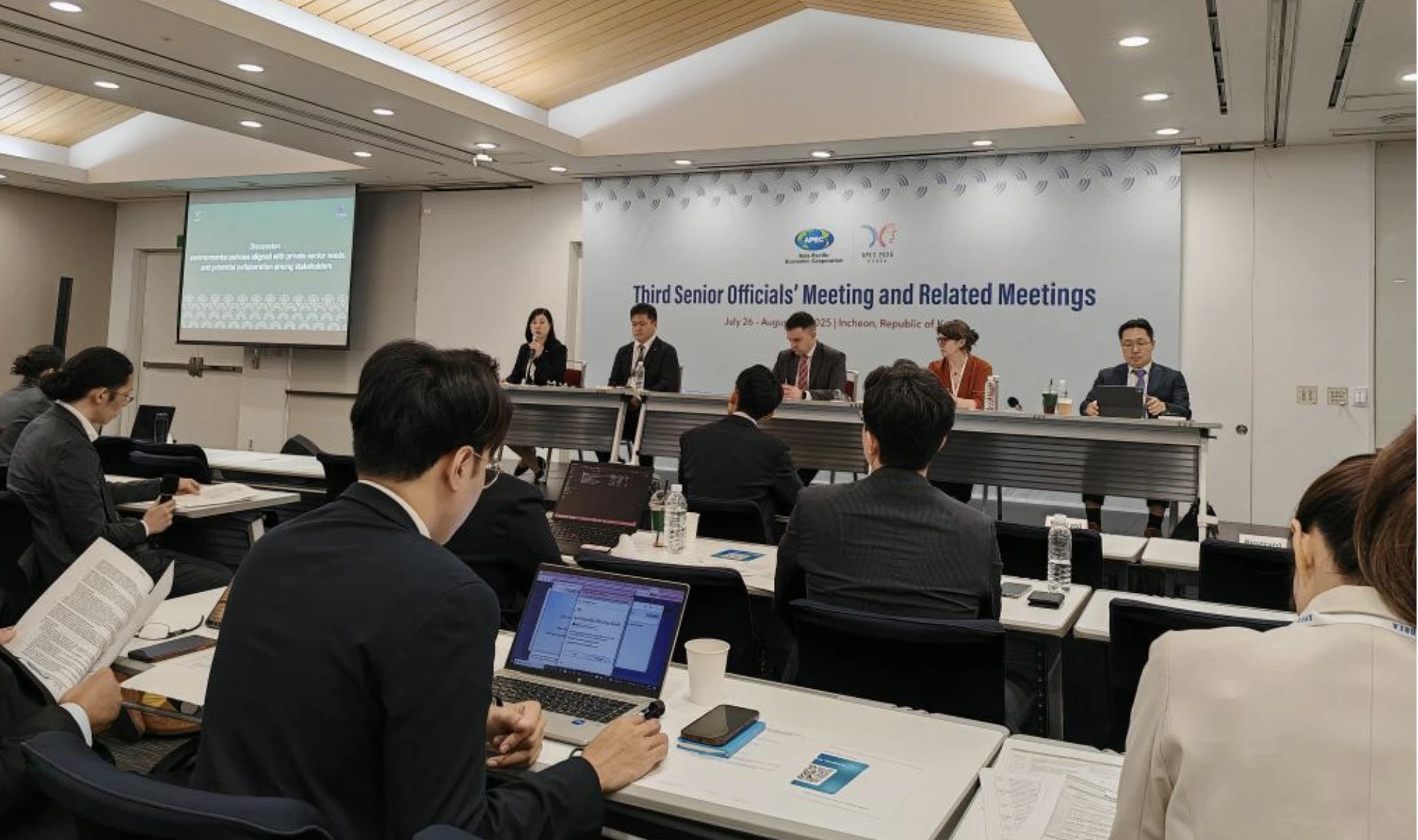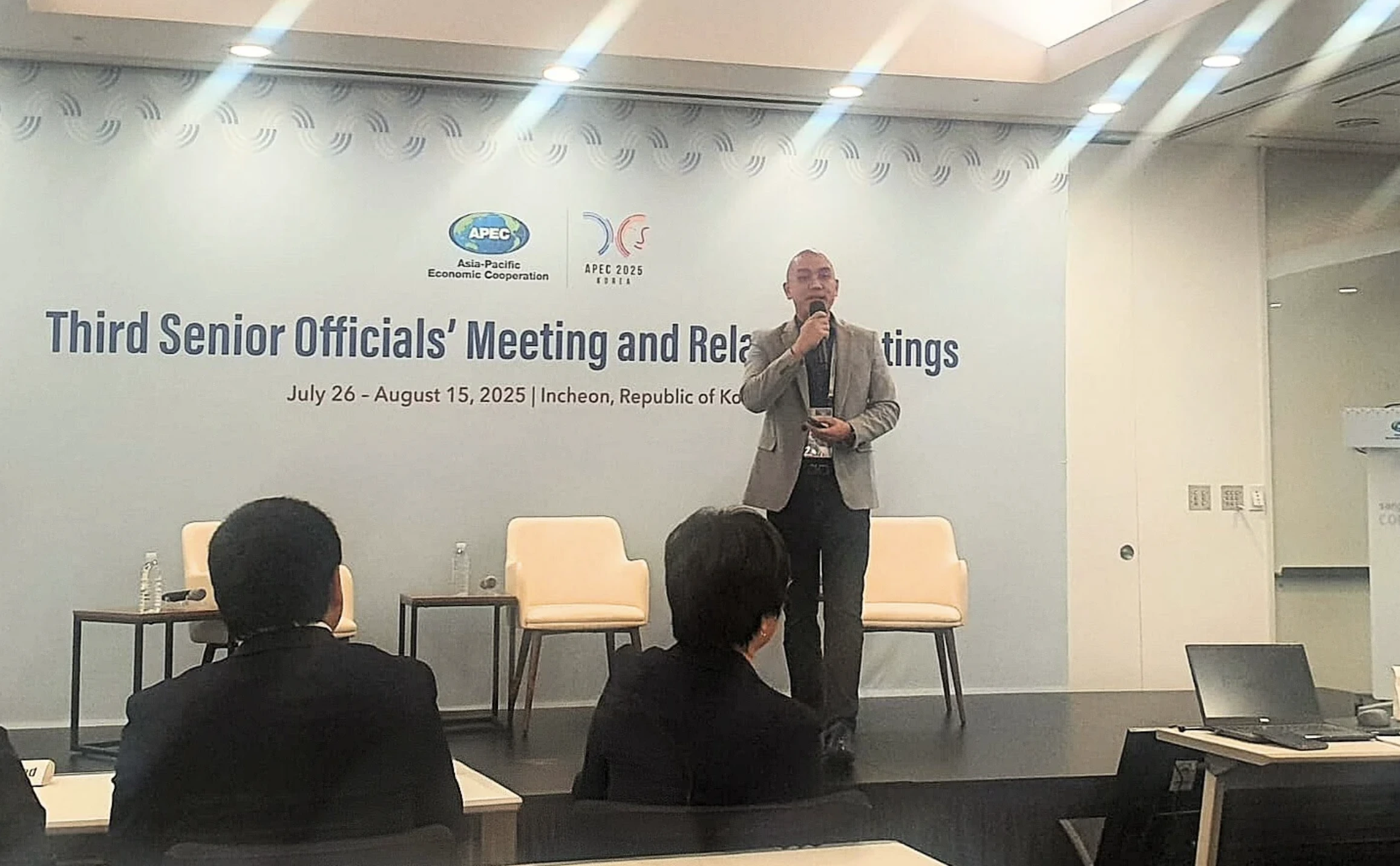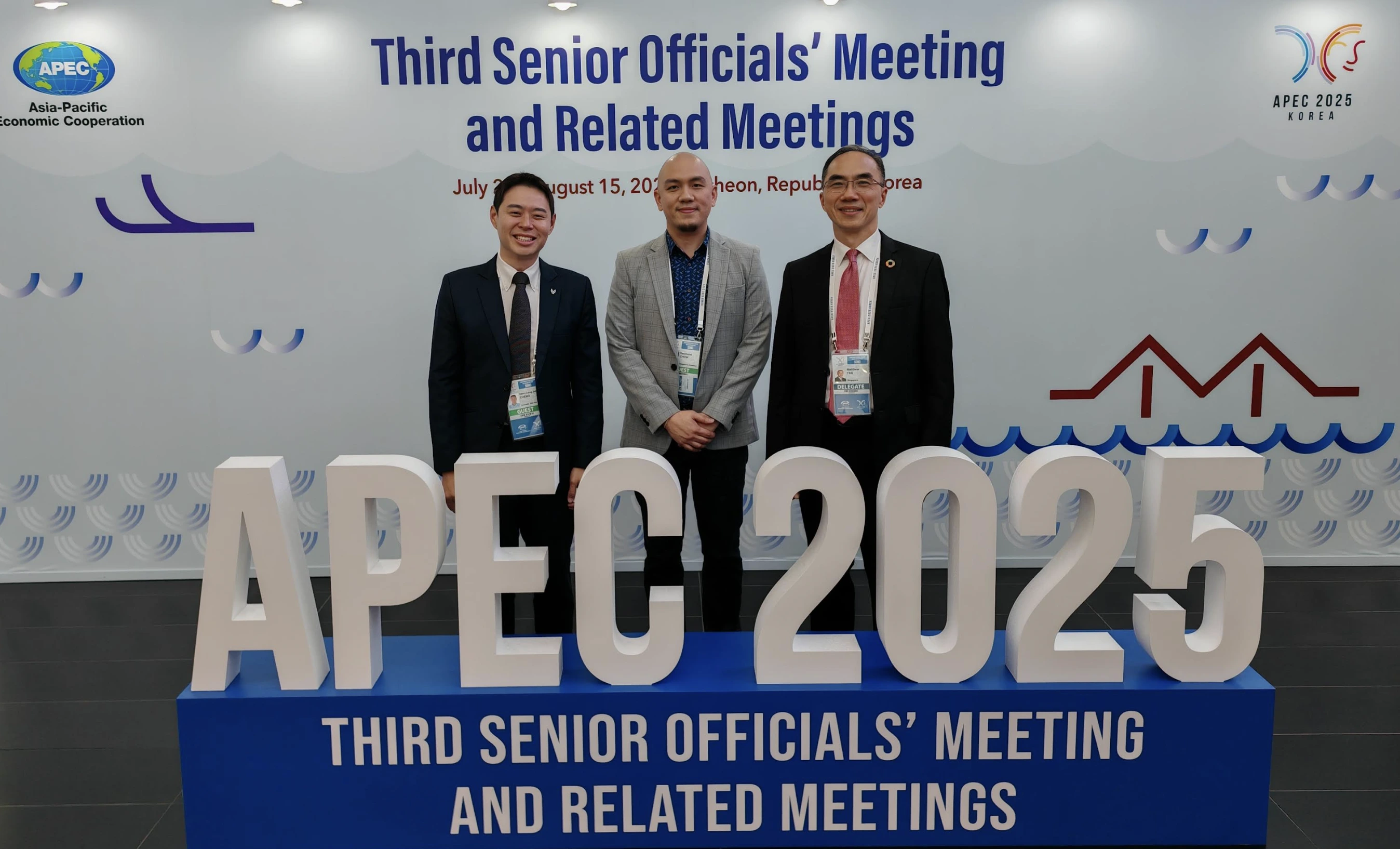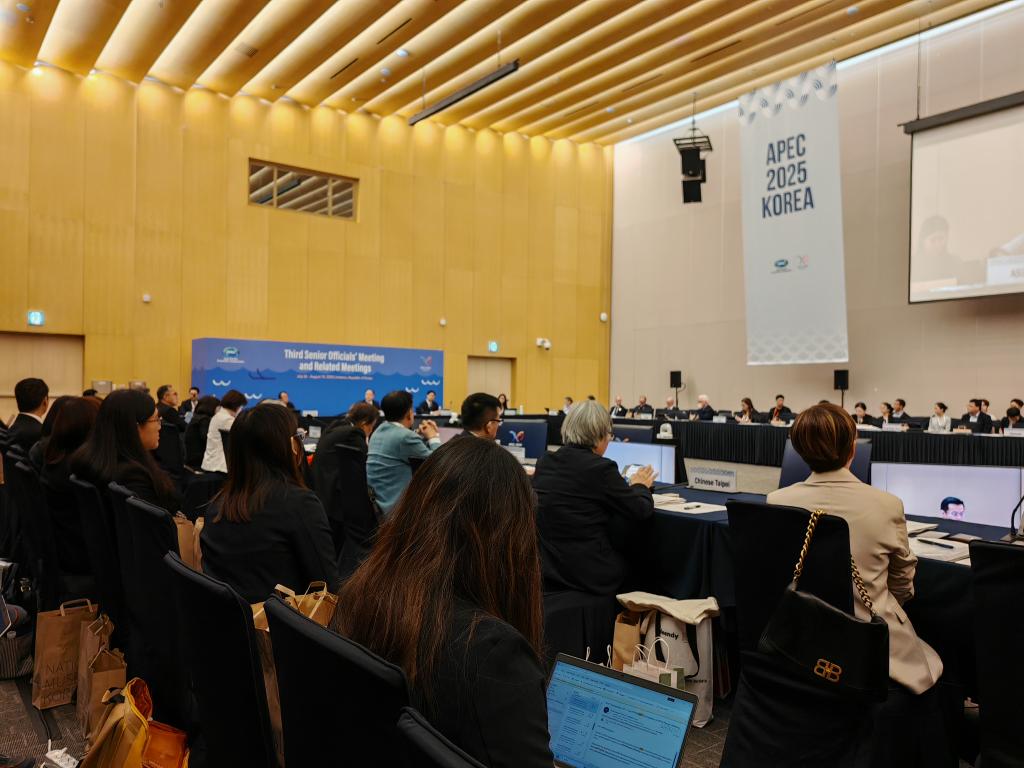The 10th APEC Food Security Ministerial Meeting (FSMM) was held on August 10 at Songdo Convensia in Incheon, bringing together representatives from 21 Asia-Pacific economies to address pressing food security challenges and to explore innovations in agri-food systems.
Under the theme “Driving Innovation in Agri-food Systems for Shared Prosperity,” the meeting aims to strengthen regional cooperation on sustainable agriculture, technology adoption, and food supply resilience across the APEC region. As chair of this year’s FSMM, the Republic of Korea will lead key discussions on sharing innovative agri-food practices among member economies.

As part of the 10th APEC FSMM, from August 8 to 9, the APEC Policy Partnership on Food Security (PPFS) convened a series of sessions, including a workshop, a plenary meeting, and a joint meeting of working groups. Representatives from all 21 APEC member economies who participated, shared strategies for enhancing public-private collaboration to advance agricultural innovation and implementation of AI-driven agricultural policies.
On August 9, an email interview was held with one of the delegation, Desmond Chow, founder and CEO of Singapore Crawfish, an aquaculture technology company specializing in high-tech crawfish farming (from Singapore) that owns the world’s largest high-tech red-claw crawfish hatchery and which holds various patented systems and technologies that can transform traditional aquaculture practices into efficient and sustainable food production.

“We believe crawfish can be a real solution to world food poverty - improving farming, creating jobs, and protecting the planet,” he said, as he explained how his company can fight food poverty and save the planet at the same time.
His role at the meeting was to share how introducing crawfish into paddy fields through his multi-cropping concept can revolutionize farming, such as: boost farmers’ incomes by up to 400%, reduces fertilizer use by 40%, reduce pesticide usage by 60%, create multiple jobs, especially for women and youth, produce high-quality aquaculture protein, cut methane emissions from paddy fields by 60% (Paddy fields contribute 15–20% of global methane emissions, a gas 25 times more harmful than CO₂).

“By working with nature, this small crustacean can help farmers build healthier, more sustainable, and more profitable systems, and most importantly, we educate farmers for free,” he said.
When asked about the most important highlights from the meeting, Desmond said it was APEC nations working together with a shared vision for food security, sustainability, and good farming practices. “I was encouraged to see policymakers actively looking for ways to support smallholder farmers and close the gap between funding and technology.”

This APEC meeting creates a platform for governments and the private sector to share real-world experiences. It helps policymakers understand the actual challenges on the ground, which leads to better policies that can directly benefit smallholder farmers and improve the resilience of the food industry.
“I hope these initiatives will continue with more frequent and open discussions especially involving private companies, cooperatives, and farming communities. My wish is for policies that go beyond looking good on paper to actually delivering tangible benefits for poor smallholder farmers,” said Desmond.

In addition, Desmond praised Korea for have been an outstanding host with seamless organization, warm hospitality, and an opportunity to experience its food, culture, and kindness. “This made the meeting both productive and memorable,” he said.
“Food security is everyone’s responsibility. Sometimes, the solutions are smaller than we expect - even something as humble as a crawfish can change lives and help heal our planet,” said Desmond as the interview ends.





